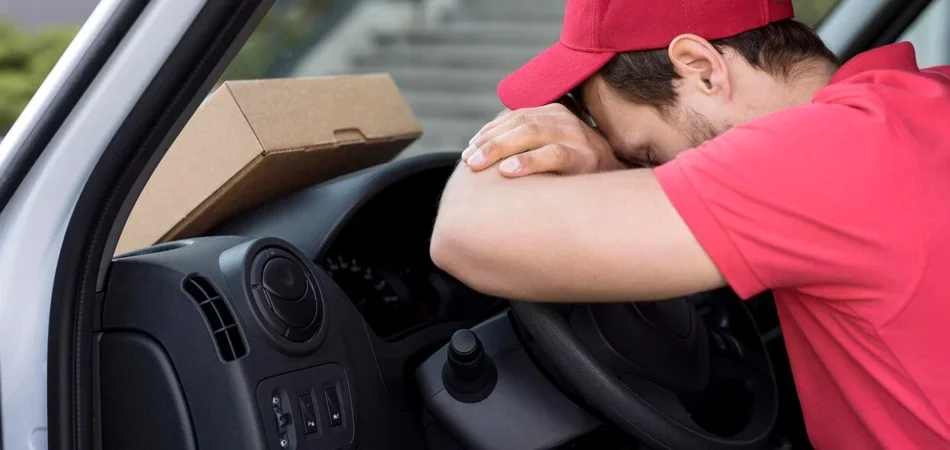Drowsy driving and its often devastating aftermath

Busy and demanding work schedules cause many motorists to sleep fewer hours than they need. The result of inadequate sleep, driving while drowsy, could lead to severe car accidents.
The National Highway Traffic Safety Administration notes that drowsy driving contributed to nearly 700 fatal crashes in 2019. Motorists could help prevent these devastating accidents by getting at least seven to eight hours of sleep each night.
Drowsiness increases the risk of three crash factors
The NHTSA found three common crash factors associated with collisions caused by drowsiness. Many reported crashes involve just the driver in a vehicle. Accidents relating to drowsy drivers occur mostly on rural streets and highways.
Because of drowsiness, lone motorists tend to run off the road while driving at high speeds as shown by an absence of brake skids. Most accidents occur between the hours of 12 a.m. and 6 a.m. or in the early evening.
Drivers with the highest risks of drowsiness
As reported by Bankrate.com, individuals with irregular schedules may find it difficult to get enough sleep. Parents with infants or who ferry young kids to school and extracurricular activities may drive while tired more often.
Drivers hauling goods and making deliveries spend a great deal of time on the road. They also face an increased risk of drowsiness. Individuals working a late night or early morning shift may experience sleepiness while driving. Certain prescription medications could also increase drowsiness.
Patients should check with their doctors to prevent overusing stimulants to counteract drowsiness. Combining medications with coffee or energy drinks could lead to greater disruptions in sleep patterns. The result may increase the risk of an accident.
In addition to causing injury to the driver, accidents related to drowsiness may harm others. Injured parties may file legal actions holding the driver responsible for damages.



